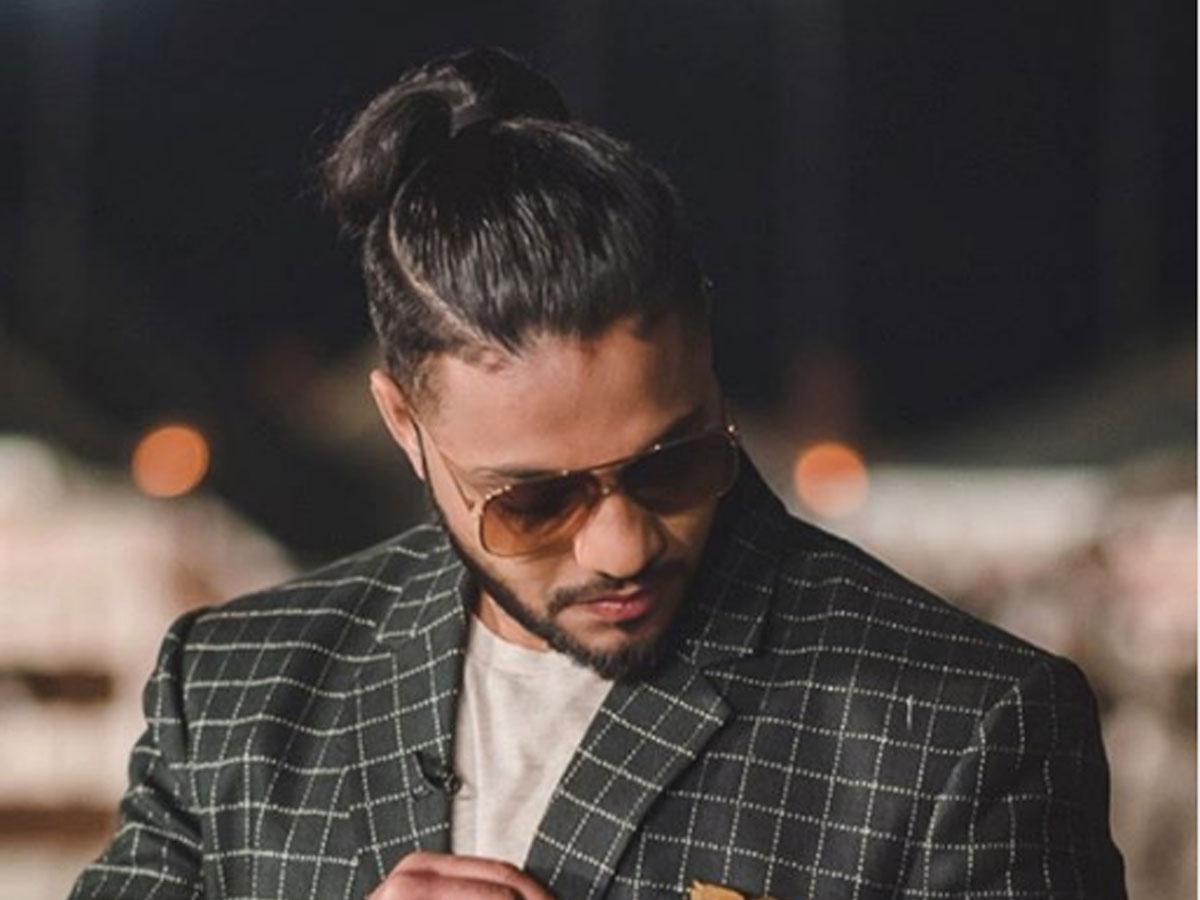Indian-American actor Rohan Gurbaxani has been making remarkable yet quiet moves in Hollywood over the past few years. The Bengaluru-born actor starred in films such as action-comedy Chick Fight, action-thriller Knuckledust, Red 48 and Confession.
So have the discussions around inclusivity and diversity made it somewhat easier for actors from outside in Hollywood?
“With all the terrible things that have happened in the US in 2020, there’s definitely a net positive that has come out of it,” answers Gurbaxani, adding, “Although there are more conversations and voices being heard, I still feel passive racism continues to be depicted on-screen from time to time with directors and producers trying to brush it off as normal while giving further weightage to the pre-existing stereotypes against India and that is unacceptable.”
Admitting that Asian actors have to often face stereotypes in Hollywood, the actor calls himself “rather fortunate” o that aspect.
He elaborates, “I’ve never been asked to play a stereotypical character. I still have a long journey ahead of me but in my opinion, how you carry yourself is important because it eventually reflects in your work and the opportunities you attract. The West is gradually realising that we, as a minority, embrace an invigorating cinematic presence however, I do not think the inclusiveness is snowballing at a fast enough pace.”
Gurbaxani, within a year of graduating from New York University, bagged over seven feature films in 2019. Sharing how it all began in Hollywood for him, he says, “In my senior year I was fortunate to be scouted by a handful of talent agencies in New York and I ended up signing with one of them. In addition to auditioning for TV shows and movies, I actively started discovering ways to create my own luck rather than wait for it. With time, I was able to get the right auditions and eventually the right opportunities.”
For everyone who wants to become an actor in India, Bollywood is mostly the first choice. Gurbaxani admits a career in the West wasn’t always on his mind but things just happened.
“I wouldn’t say it was always my agenda but I decided to stay in New York after graduation because I’m fortunate enough to be able to work in the US. I wanted to leverage the network I was just beginning to build rather than leave everything behind and start all over again in a new industry. And it’s always exciting to work in a market where there’s a clear gap that needs to be filled,” he reasons.




